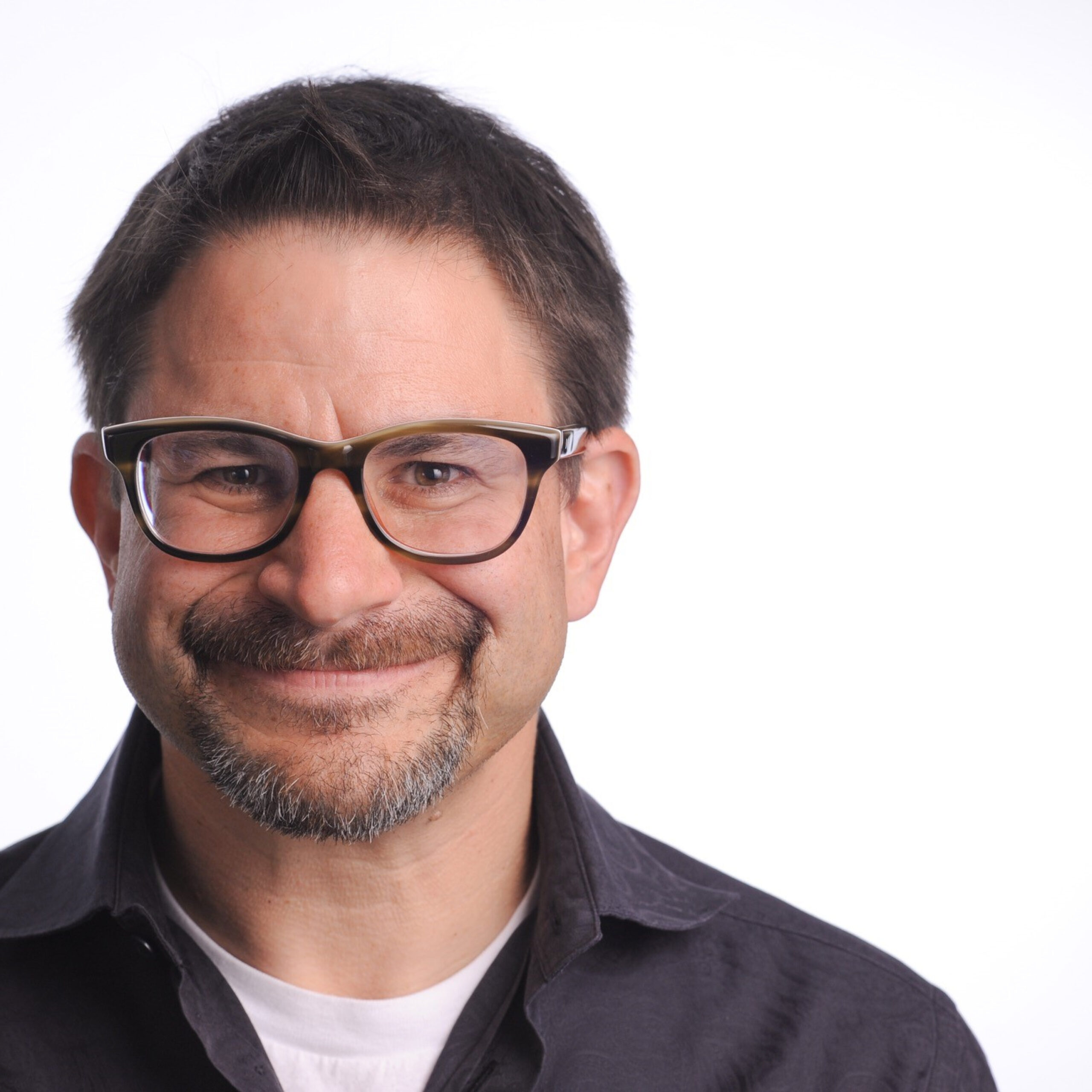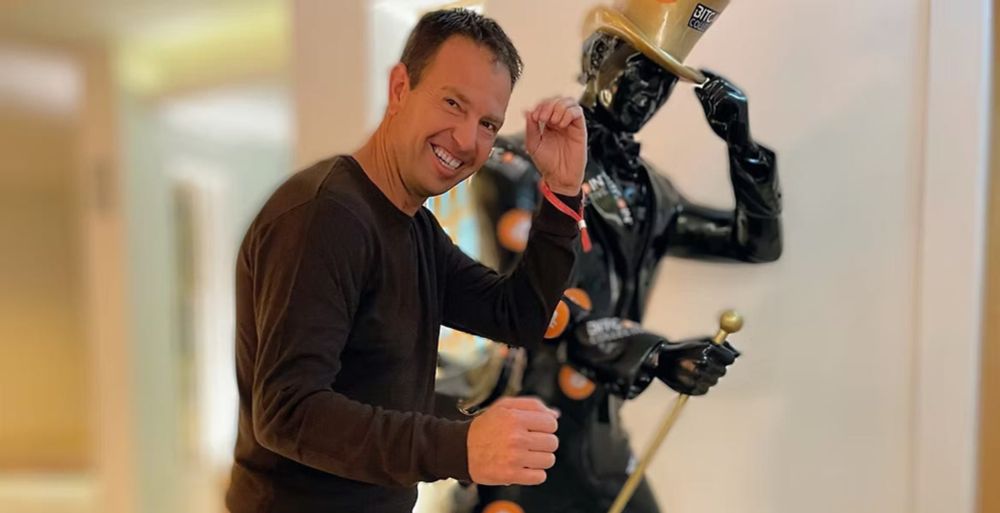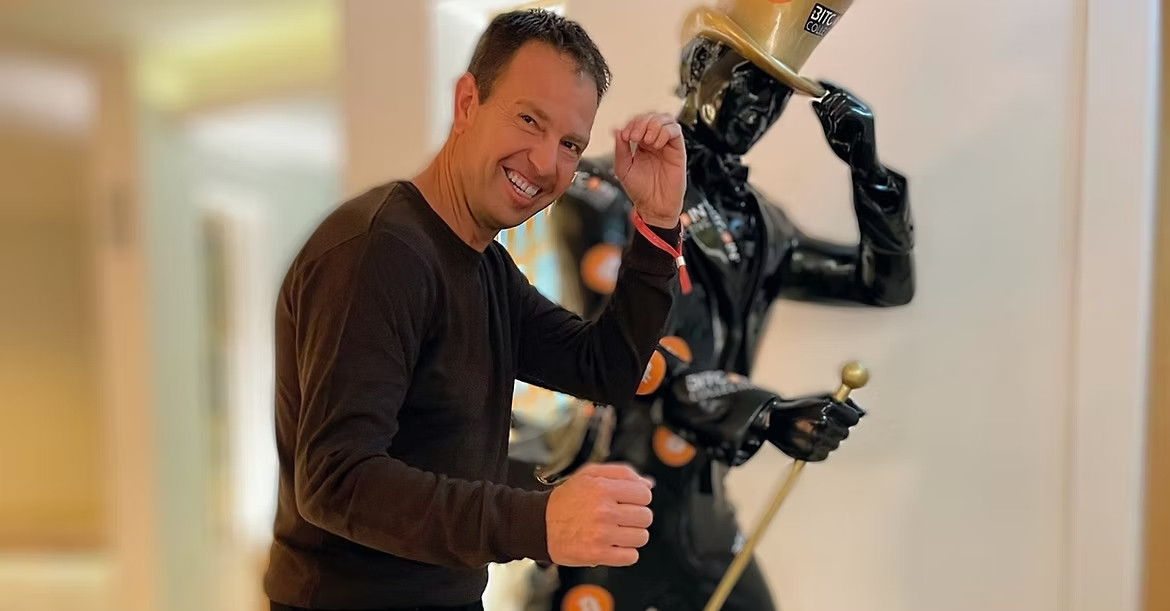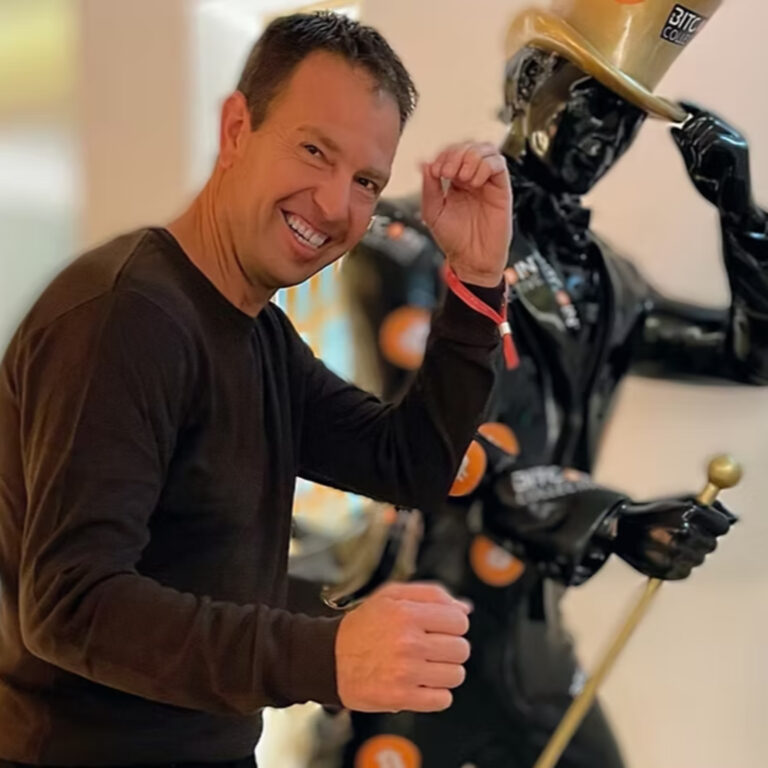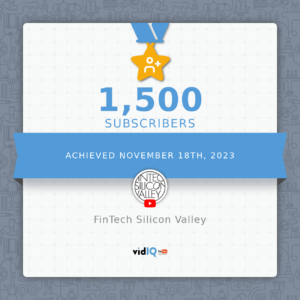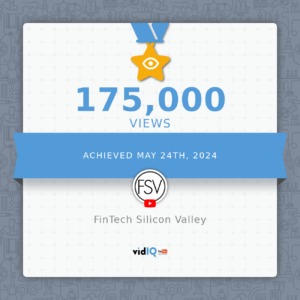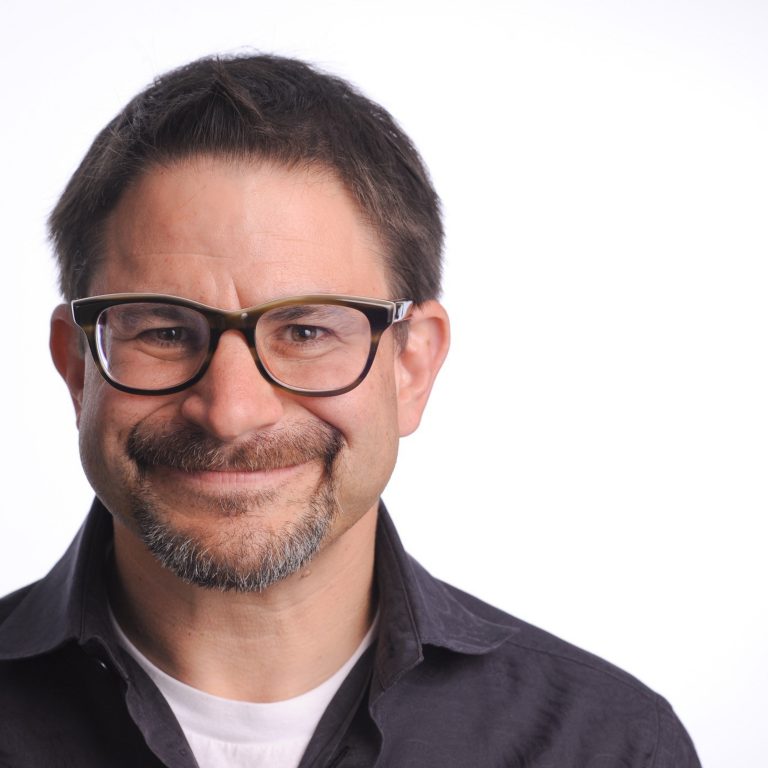
David Hornik is a General Partner at August Capital where he invests in consumer and enterprise software and services. He has worked closely with startups for the last 20 years. Prior to joining August, David was a litigator at Cravath Swaine & Moore, and corporate and licensing attorney at Venture Law Group and Perkins Coie. David is the author of the first venture capital blog, VentureBlog, and the first venture capital podcast, VentureCast. He is the founder and producer of The Lobby conferences, a series of events that gather the thought leaders in consumer and enterprise technology. David holds an AB in Computer Music from Stanford, an M.Phil in Criminology from Cambridge University, and a JD from Harvard Law School. David teaches entrepreneurship and venture capital at Harvard Law School and at Stanford Business School. Along with sitting on the boards of numerous technology startups, David also sits on the board of GLAAD.
David Hornik is a General Partner at August Capital where he invests in consumer and enterprise software and services. He has worked closely with startups for the last 20 years. Prior to joining August, David was a litigator at Cravath Swaine & Moore, and corporate and licensing attorney at Venture Law Group and Perkins Coie. David is the author of the first venture capital blog, VentureBlog, and the first venture capital podcast, VentureCast. He is the founder and producer of The Lobby conferences, a series of events that gather the thought leaders in consumer and enterprise technology. David holds an AB in Computer Music from Stanford, an M.Phil in Criminology from Cambridge University, and a JD from Harvard Law School. David teaches entrepreneurship and venture capital at Harvard Law School and at Stanford Business School. Along with sitting on the boards of numerous technology startups, David also sits on the board of GLAAD.
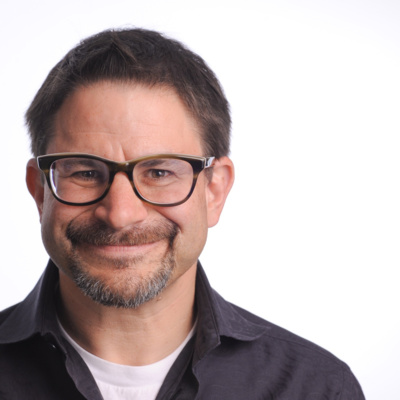
Transcription
DAVID: This is that entrepreneurs are you know, entrepreneurs are experts at the unknown. It’s their job. Their job is to try and take whatever data is available and then make good choices and then adapt as quickly as they can when they find out that this assumptions they made were wrong. And so we have a lot of businesses that were built being built on a set of assumptions that have changed dramatically. So they’re all having to adjust. And those are, you know, that that’s been an interesting time. And then now that we’ve gone through that first period, which is okay, the world has changed. Now everybody’s in the predict what the world becomes mode and there’s more uncertainty there. And so I think that you know, entrepreneurs are doing a whole lot of scenario planning, trying to figure out what are the possibilities and then how do those things affect them and what will they do depending on what happens.
PEMO; And, and as an investor, how are the investors coping?
DAVID: Well, you know, ultimately we’re just adjuncts of entrepreneurs, right? We are we are lucky enough to be alongside. And we also have the same challenges that they have. The biggest thing that investors are worried about is, is startups running out of money? Because the primary, you know, forcing function for startups is, is money. Right? And the reason that venture capital exists at all is because we’re funding companies that are unprofitable, right? We come in to help you accelerate your business with capital because it’s what you need. You don’t need people or technology or whatever. You need capital to be able to grow your business faster than the revenue that’s following your business. And so, so startups are always on the verge of running out of money and going out of business. And this has just accelerated that in lots of instances dramatically. And so the venture community is trying to figure out how can they help the companies not run out of money while continuing to meet their mission and continuing to create and build value. And those are hard things.
PEMO: And because the wonderful thing about the venture capital community is that so much experience and wisdom there yourself included with that. So I gather that it’s sort of challenging you all to get even more creative and get more wisdom out there to your portfolio companies, correct?
DAVID: Yeah. I mean, look there, it’s interesting, there are a lot of people who entered the venture business in the last, you know, five, 10 years and they have not seen a cycle like this before. Right. I, I’m about to hit 20 years in the venture business. I joined in 2000 right as we had the internet bubble burst and create a disruption. And then in 2008 when we had the housing crisis and a, a massive disruption. And so this is the third, you know, sort of challenging down economic cycle that I’ve, that I’ve encountered. I would say that there are a relatively small number of investors who have, who have seen that. And so that’s one of the tricky parts. On the other hand, it turns out they’re all different, right? It doesn’t, you know, the, the internet bubble bursting was a very different problem. It was an economic crisis of, you know, of belief.
The housing crisis was a very different crisis. It was a, it was a, an economic crisis that was driven by, by bad decision making and fraudulent behavior in the banking industry. This one, what, what we don’t know is when, you know, when we get some answers to the health crisis, do, how quickly can we help the economy recover and what impact that’ll have on the startup world. So I agree that ultimately having seen these cycles before, I, I think my partners and I were able to act more quickly and say this is not ever getting better, so don’t wait. And that I think has served our portfolio company as well. But there, but it’s always different.
PEMO: And I’m definitely with this one. It’s how long will this go on to? I mean, there’s a huge question there really. As far as business goes. So, you know, some people just won’t make it.
DAVID: No, I mean there, there was a recent pronouncement by, by a trade organization that three quarters of every New York city restaurant will not return after this down, you know, downturn. That’s an astonishing economic impact. And, and, and that’s just one teeny sector. And so if you look at it, the startup world is trying to serve all sorts of interesting pieces of the, of the economy, of the global economy. And there were companies out there that were serving that segment, right? There was a great company I saw that was dealing with contract workers for kitchen staff, for restaurants. How do you source great sushi chefs, etc. And, and the company was doing very well. Right now the company has zero business and when the economy returns, it will have a quarter of the available market. Does that mean they won’t succeed? I don’t know. But I can tell you that that makes it a lot harder. And that’s just one teeny piece of the, of the economy. So so you’re right, we don’t know what, we don’t know how long it’ll last. We don’t know how long this piece of it lasts. And then once we get out of it, once we get out of here, literally, you know, physically as well as metaphorically, then we don’t, what will, what the economy we will return to looks like and what we need to do from there.
PEMO: And I know that many people were talking to me over the last year and a half, maybe about a recession coming. But I don’t think anyone could have predicted this. Right.
DAVID: Well, Gates did. I don’t know if you’ve seen bill Gates had an a an amazing precious Ted talk several years ago where he said that there’s a global pandemic coming. He didn’t know about the economic repercussions of that, but I think you know, there are, there are folks in this world who have been predicting that the global economy and travel and population growth and all of these things would make it hard to imagine that we didn’t experience this moment, which theoretically is a once every hundred years moment. But there’s no reason it’s a once every a hundred years moment. I mean, as a Californian, I sit here in Palo Alto, California, having waited many, many years for the next big earthquake and nobody questions whether there will be another big earthquake here, it will happen. It’s just a question of when, if it happened to Morrow, you know, there’s no reason it wouldn’t also happen the following year. Although I guess tectonics might influence that because there’d been a release in, in a you know, or at least an intention in the, in the pandemic world, there’s nothing that will change, you know, I mean, maybe there’ll be fewer international flights for a period of time because of economic depression, but otherwise all of the things that have made this an a near certainty according to bill Gates and, and what we’re experiencing will still exist when we get out of this one.
PEMO: Right. Okay. So tell me, what would your advice be for startups who are looking for investment in the next 12 months?
DAVID: Well, if it is the next 12 months, that’s good news because it means that it’s not the next three months and it’s not the next six months. And like I said, I think that the biggest challenge is uncertainty. And when there is uncertainty, it’s very hard to go raise money and say, here is, here is what we’re doing. And here’s what, here’s the problem. We’re serving and here’s how the buyers will buy and we just don’t know how any of the buyers of anything will buy. Now there are some instances where there’s a lot of demand right now and there was a really smart young entrepreneur who who I’ve mentored for a while and he’s now in business school and he had started a business that was around food delivery that couldn’t be more timely and his and his business. You know, the, the fundamentals of his business have just gotten dramatically better.
The cost to acquire, the cost to serve because he’s got greater density. All these things have made his business better and so he needs to go pitch now because he has really great, great example of what the business can look like. The tricky problem for him is if I were listening and I was listening to the pitch, so that’s amazing. I wonder what happens when, you know, people get to go back to grocery stores with greater comfort, right? Do you then continue to use this service or not? Now you probably have experienced how great it is to not go to the grocery store in some regards. And so maybe retention is really strong and he gets to hang on to customers and then word of mouth results in lots and lots more customers, etc. Or maybe people are using this service because they have to and when they no longer have to, it’s more expensive than, than they’re willing to pay or whatever. So I just, so I think there are businesses that are getting benefit that should go have those conversations because they may be able to raise money. The others, if you can wait. I think waiting until you have great and greater certainty about what the future holds will make it a lot easier for you to raise capital.
PEMO: And as a result of what you’ve just told me, does that mean that investors really a sort of stepping back a bit from any more investing a pop from having to manage their own portfolio companies with this crosses?
DAVID: Well, there was just a survey done by by a big fund of funds that asked investors that question. Are, do you anticipate you’re investing more or less or the same? And the majority of people said the same. So at least investors are saying, no, we don’t anticipate that our rate of investment over 2020 is decreasing. We anticipate that it will stay the same. And that was my answer in the survey was there are now, I already only invest in a ha, you know, a couple of company personally, a couple of companies a year and the firm and I, you know, couple of companies times the number of partners. And so it’s a relatively tight funnel anyway. But but the truth is investors, folks who’ve been through cycles before know that there are amazing businesses that come out of downturns. Right? I mean, I funded Splunk, you know, in that, in the heart of that 2000 depression I funded Fastly out of the 2008 depression. So I, or I guess they were not technically depression suppressions whatever they were. So so I think good investors know that there are real opportunities and you, and if you shut off your funding during those downtimes, then you’re guaranteed not to have the great big winners in the next up cycle. And so, you know, so it’s harder to convince investors, but on the other hand, we’re all sitting around wanting to find that next grade company independent. Whether these are challenging times.
PEMO: And of course for startups, it’s important to pivot at the moment to make sure that they stay alive. I guess it’s the same for investors that they’ve gotta be looking now for new business models that will succeed or could succeed.
DAVID: Yeah, I mean, leading up to this moment, So I’m an investor in a company called get lab and get lab is, is the largest fully distributed, you know, tech company out there. You know, more than a thousand people and 65 countries. There is no headquarters. There were no offices. And so for months now I’ve been saying, gee, this, this distributed model is going to be the future of, of technology is. And so I’ve been looking for who’s going to build the tools to make that more accessible by the average company. And, and prior to coven, I had not found the company that I thought really answered that question. But I was excited about the idea of finding a company that, that fit that bill. Now we have companies that everybody’s home and everybody’s remote and they’re having to figure out which tools work, et cetera.
And so you would argue like, Oh, now’s an even better time to fund a company in this space, which I 100% agree, except there will now be a thousand companies built to solve this problem and distinguishing the one that’s going to be successful and the leader from the 999 others, which will not succeed, you know, I think will be a very challenging thing. And and so I now find it a less compelling area to focus on just because the circumstances. So, which is a strange outcome, right? The Mark is clear now and I missed it as far as I’m concerned.
